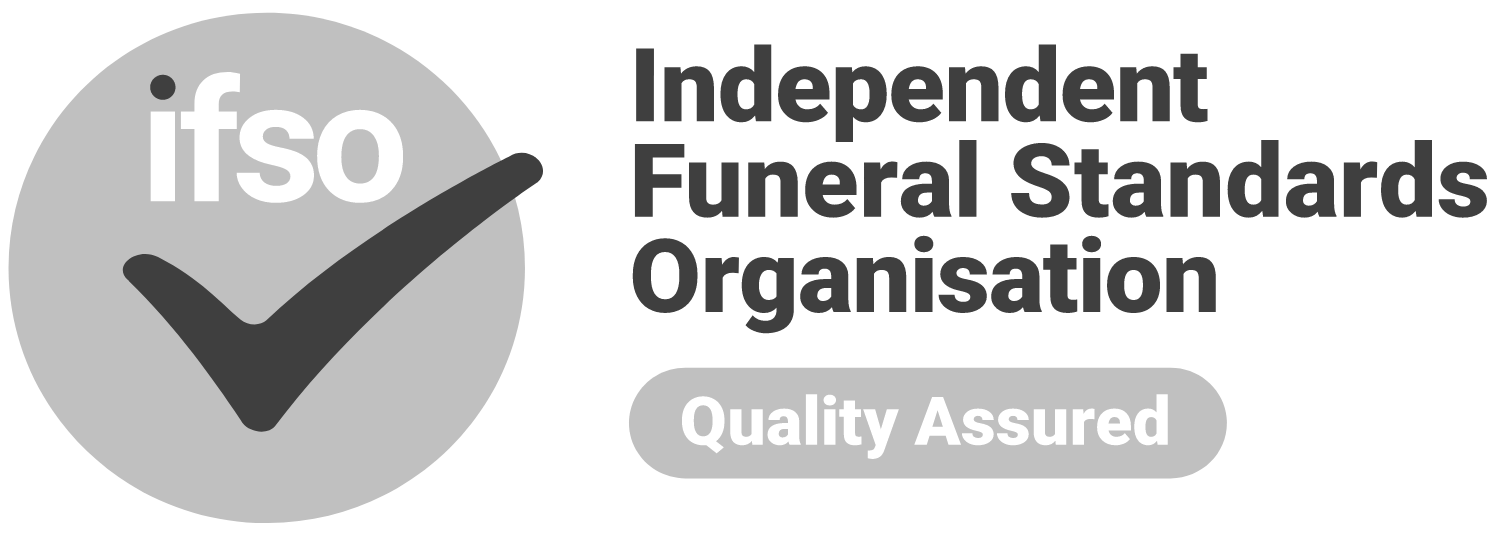
First steps
First Steps
The death of a loved one, whether expected or sudden can be a very distressing and traumatic. This following aims to give clarity on what to do following a bereavement
What to do first
A death that occurs at home or nursing home
Either yourself or nursing home staff will need to contact the persons G.P or out of hours service
The doctor will provide the following documentation
– A Medical Certificate that states the cause of death
– A Formal Notice that states that the Doctor has signed the Medical Certificate and informs you how to register the death
Once the doctor has attended and verified, yourself or the nursing home can arrange with the chosen Funeral Director to remove the deceased into their care
If the Doctor cannot certify as to the cause of death, for example if the deceased died suddenly, they will notify the Coroner to investigate the circumstances to establish the cause. Once the Coroner has been informed, they will arrange for the deceased to be taken to a local hospital where it’s possible a post mortem examination may take place to establish the cause of death
Once the cause is determined, the deceased will be released to the Funeral Director with the necessary documents and the family will be able to register the death
A death that occurs in hospital
The attending hospital Doctor would provide the documents, with which the family can register and arrange removal with the Funeral Director
Who needs to know?
Information that will be helpful to relevant authorities
– National Insurance Number
– NHS Number
– Date and Place of Birth
– Date of Marriage or Civil Partnership (where appropriate)
– Tax reference number
What to do within the first few days
There are a number of things that need to be done during this distressing time, some of which can be done by relatives or close friends, however some will need to be completed by the Next of Kin or Executor
– Notify the family Doctor if not already done so
– Register the death at registrars office
– Complete Form BD8 (if appropriate) when you register and send it to Jobcentre Plus or Social Security office
– If applicable, locate the deceased’s Will
– If it is not yourself, contact the executor of the Will
– Begin the Funeral arrangements (if a Will is existing, check for any related requests)
– If the person who died was receiving any benefits or tax credits, advise the relevant offices who were making payments
Other people/places to inform if applicable
– Employer
– Clubs, Associations, Social Groups, Trade Unions
– Places of Worship
– Solicitor/Accountant
– Tax Office
– National Insurance Contributions Office
– Child Benefit Office (notify within 8 weeks)
– The Local Authority (Council Tax, Social Services)
– Voluntary Organisations that may have been providing help and assistance
– UK Passport Office
– DVLA (Vehicle Ownership, Car Tax, Driving License)
– General Insurance Companies (Car, House, Medical – If the deceased was the policy holder check how this affects your insurance)
– Rental, Lease or Hire companies
– Pension providers and Life Insurance Companies
– Bank and Building Societies
– Mortgage Provider
– Credit Card, Store Card or any Catalogue Companies
– Utility Companies in the deceased’s name (Gas, Electric, Water)
– TV or Internet Providers
– The Royal Mail (Mail may need re-routing)
– Dentist, Chiropractor, Osteopath, Hairdresser
– Creditors – anyone to whom the deceased owed money
– Debitors – anyone who owed the deceased money



